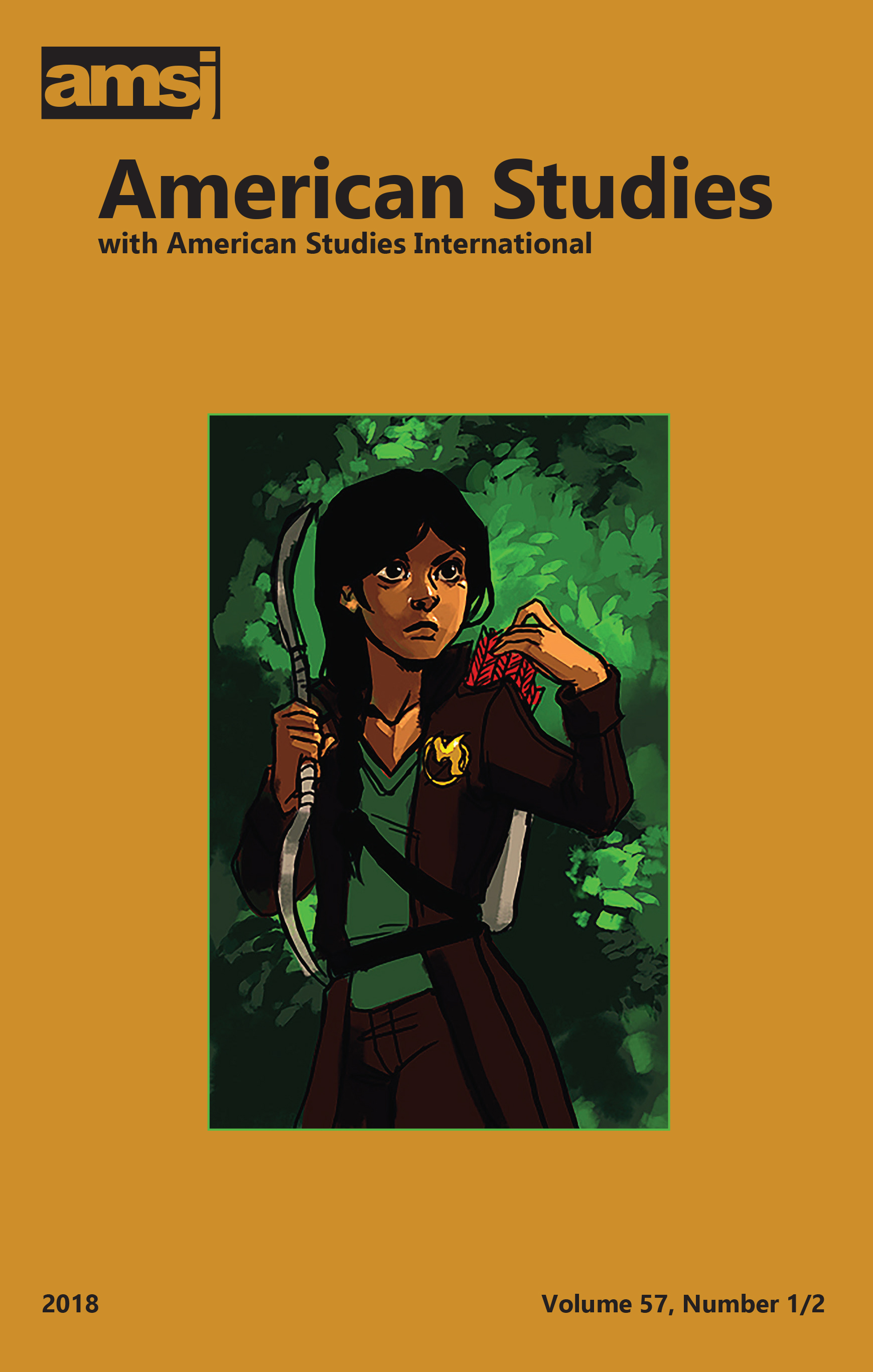Abstract
Abstract: Based on interviews with fans of the Hunger Games books and films, and research of reader reviews and commentary online, this article argues that the widespread agreement among otherwise polarized fans indicate a change in populism in the US toward an anti-statist framing of social inequality defined as "neoliberal populism."The essay connects the Hunger Games to other examples of westerns that allegorize class inequality through rural/metropolitan divisions. It provides examples of three primary reader interpretations of the series as roughly analogous to contemporary American political positioning, with liberals and progressives who read THG as supporting an interracial struggle of the "have-nots" against the wealthy "haves"; by Conservatives and radical white nationalists who read the series as advocating rural struggle against totalitarian and cosmopolitan "liberal fascism" and by revolutionary third-worldists who see the primary characters anti-colonial rebels against US empire.
All items © Mid-America American Studies Association
Authors: If you prefer to remove your text(s) from this database please contact the editor.

